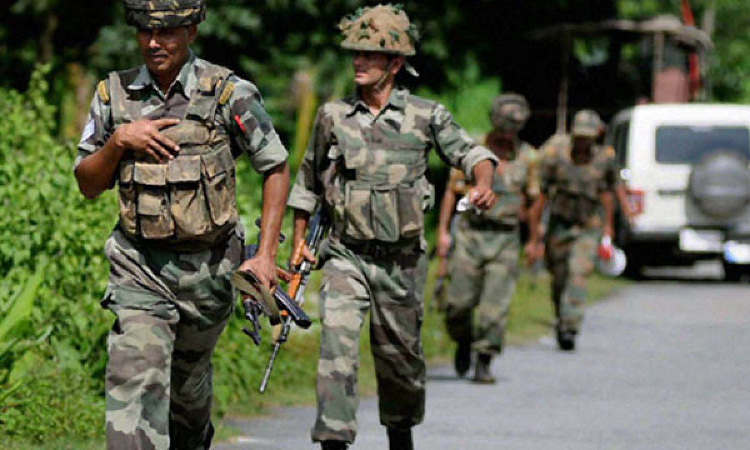Explained : Does AFSPA Give Total Immunity To Armed Forces For Killing Civilians?
Sneha Rao
6 Dec 2021 10:45 AM IST

Next Story
6 Dec 2021 10:45 AM IST
The death of at least 14 civilians in Nagaland on Saturday evening as a result of the action of the Armed Forces has brought back into focus the controversial Armed Forces (Special Powers) Act, 1958. The Act which came into force in the context of insurgency in the Northeastern States decades ago provides "special power" to the Armed Forces applies to the Army, the Air Force and the...
